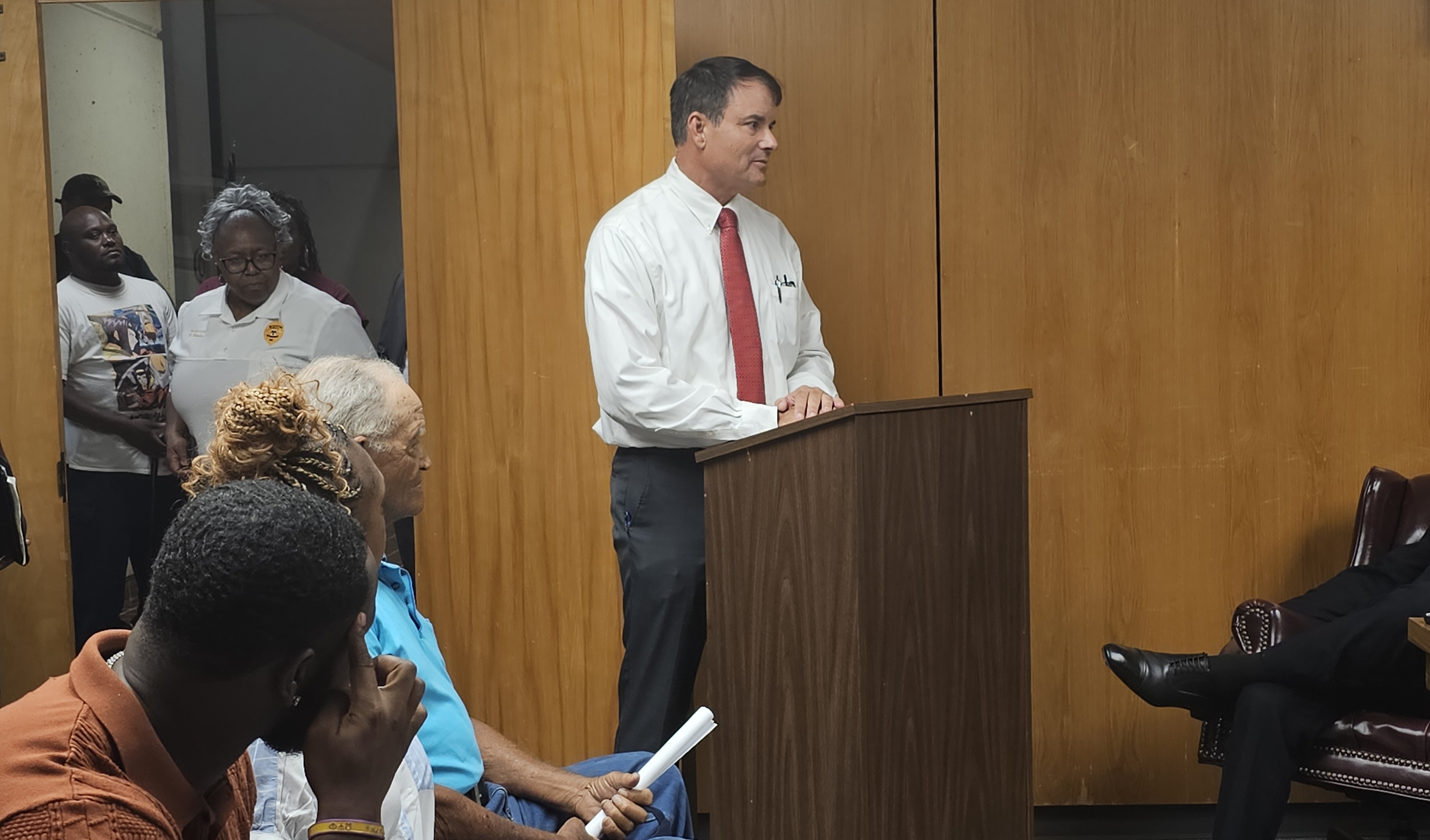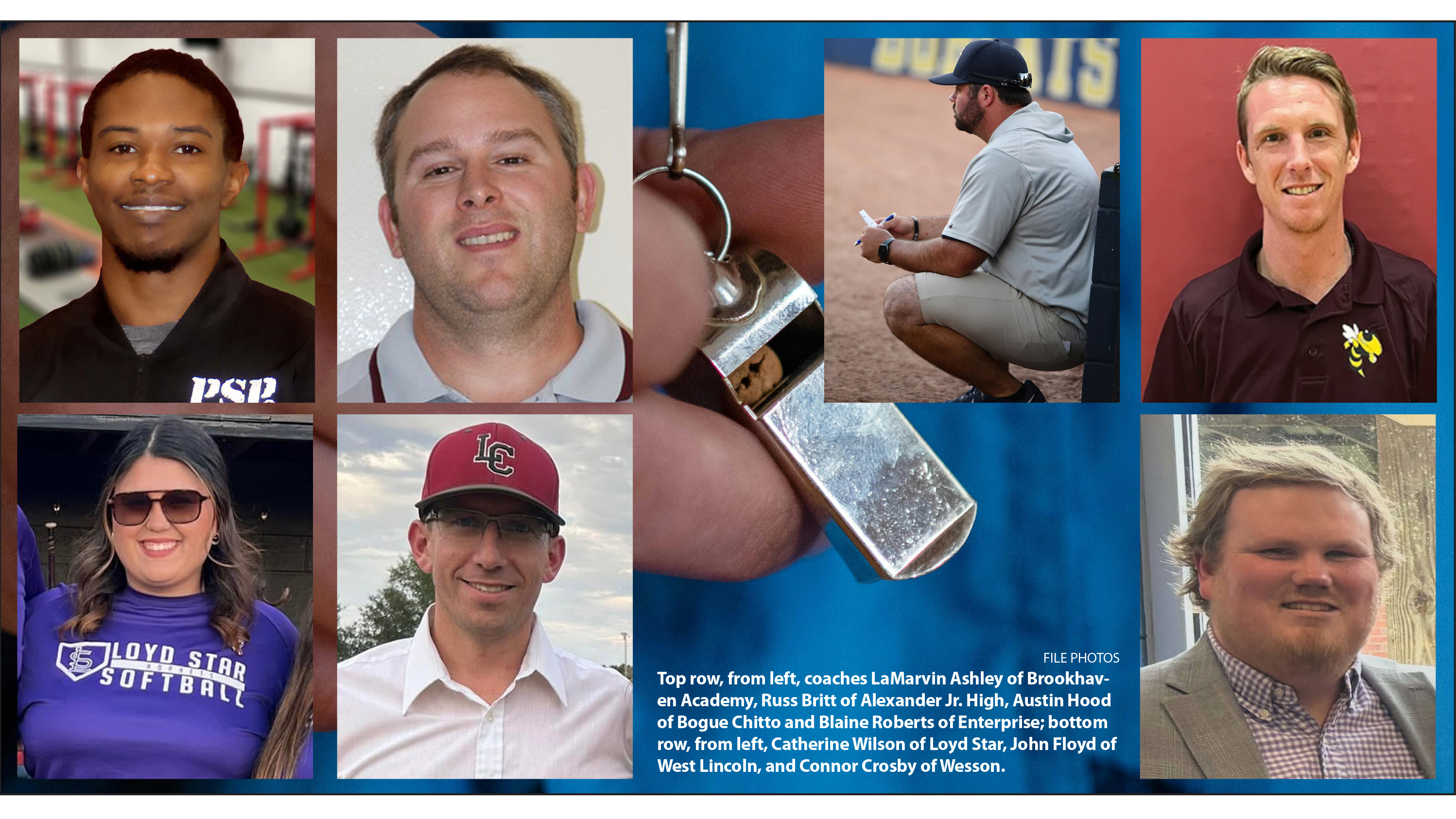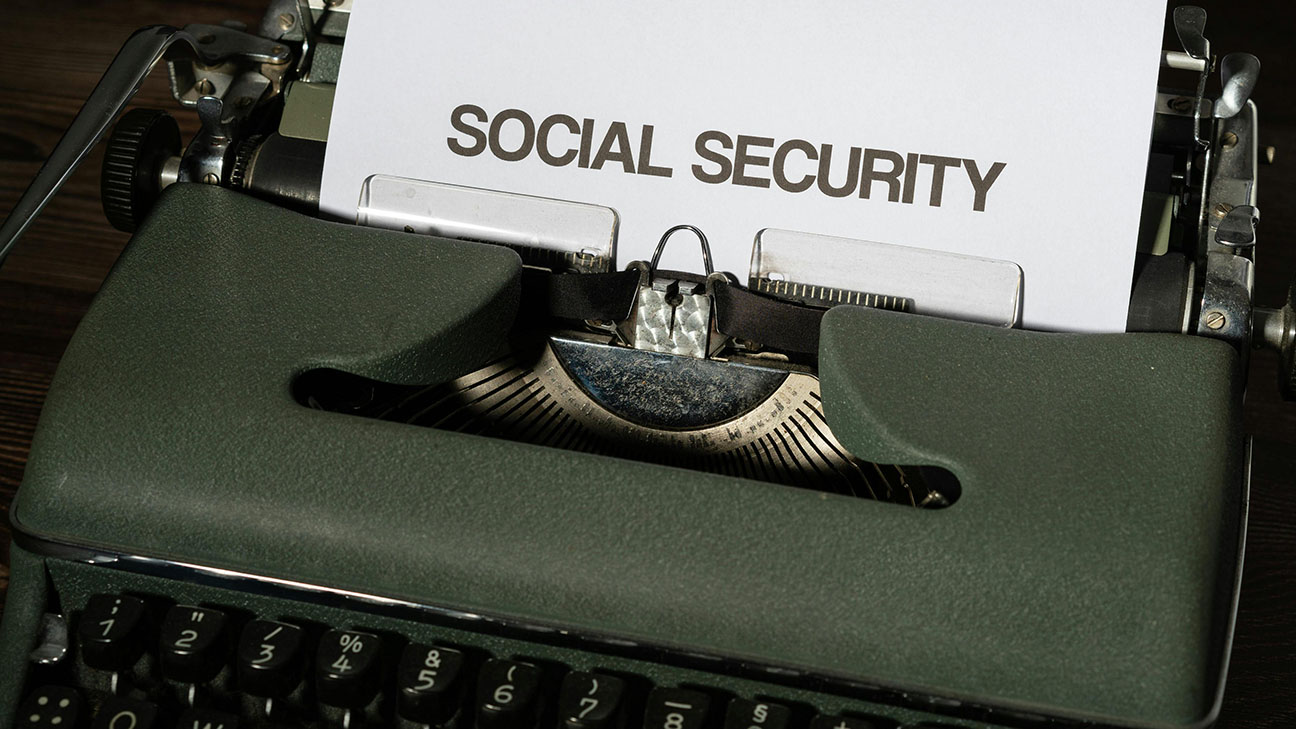We’re all really bad at passwords
Published 8:48 pm Saturday, March 18, 2017
I still remember my first email address and password. Back when the internet was just making its way to rural America, Yahoo and AOL were the places most of us went to reach out to this new online world.
Listening to the dial-up modem make its cranky sounds as it connected seems like a 100 years ago now. Back then, there wasn’t much to do online. We checked email, downloaded music and that was about it. There was very little shopping, no social media and very little content. The promise of the internet was there, but to be honest, it was a bit boring.
And those early internet and email passwords were pretty basic. We had no clue what a hacker was and the idea of someone stealing your personal information was as foreign as the technology behind the internet itself.
There was no concern about email account security or encryption or any of the other online worries we have today. But back then, we also didn’t use credit cards online or share intimate details online with others.
But the internet is not the same place it was back then. Today, it’s assumed that hackers, including those from other governments, will eventually steal your information if they want it. Our own government is capable of doing the same. We even put pieces of tape over our laptop cameras just in case someone else is watching.
The internet is no longer just Yahoo and AOL, it’s a place where we trust technology we barely understand with our credit card numbers, our deepest secrets and a lifetime of memories. We upload photos to the cloud without really knowing who has access to them. We give our personal information to the likes of Facebook and Amazon in the name of convenience, without knowing what’s being done with it.
We choose to assume the best — that those companies will guard our information as closely as we would. But that’s naive.
Many of those same people who struggled to grasp the concept of the internet in the 1990s now spend hours a day keeping up with friends, shopping, reading the news and watching cat videos. And unfortunately, their knowledge of internet security is still stuck in the AOL days.
Details from a recent Department of Justice’s indictment of Russian hackers shows that many of us still aren’t taking routine precautions to safeguard email accounts, The Associated Press reports. The Russian hackers didn’t have to work very hard to get into email accounts of millions of Yahoo users, even those of government employees and powerful executives, according to AP.
And once a hacker has access to your email, they have access to your life. They can see the places you shop, the sites you visit and they can typically use that same email password to access credit card and banking info.
But there are some basic steps we can all take to reduce the odds of being hacked. The easiest thing is to use a different password for everything. Using the same password for Facebook, email, Amazon and your online bank makes it easy for hackers. If one of those services is compromised, your entire online world is as well.
Stronger passwords also make it more difficult for hackers to get you. Password123 won’t cut it any longer. Passwords should have a combination of lower- and upper-case letters, numbers and characters. Don’t use children’s names or birthdays or other common words.
The best step to take is to turn on multi-factor authentication when email providers and other online services offer it. This type of authentication asks users to enter a second form of identification, such as a code sent to a phone, when you log in.
Another easy step to take: don’t store passwords in emails. If hackers get into your email, they will probably search for keywords like “passwords.” If you’ve emailed yourself the password to your online bank, you’re making it too easy for hackers.
Unfortunately, there’s probably no way to completely protect yourself from hackers, but you can make it more difficult for them.
Back in the late 1990s, hackers would have had no trouble getting into my Yahoo account. My first email password was “mypassword.” If yours is still something that simple, you would be wise to change it — now.
Publisher Luke Horton can be reached at luke.horton@dailyleader.com.




